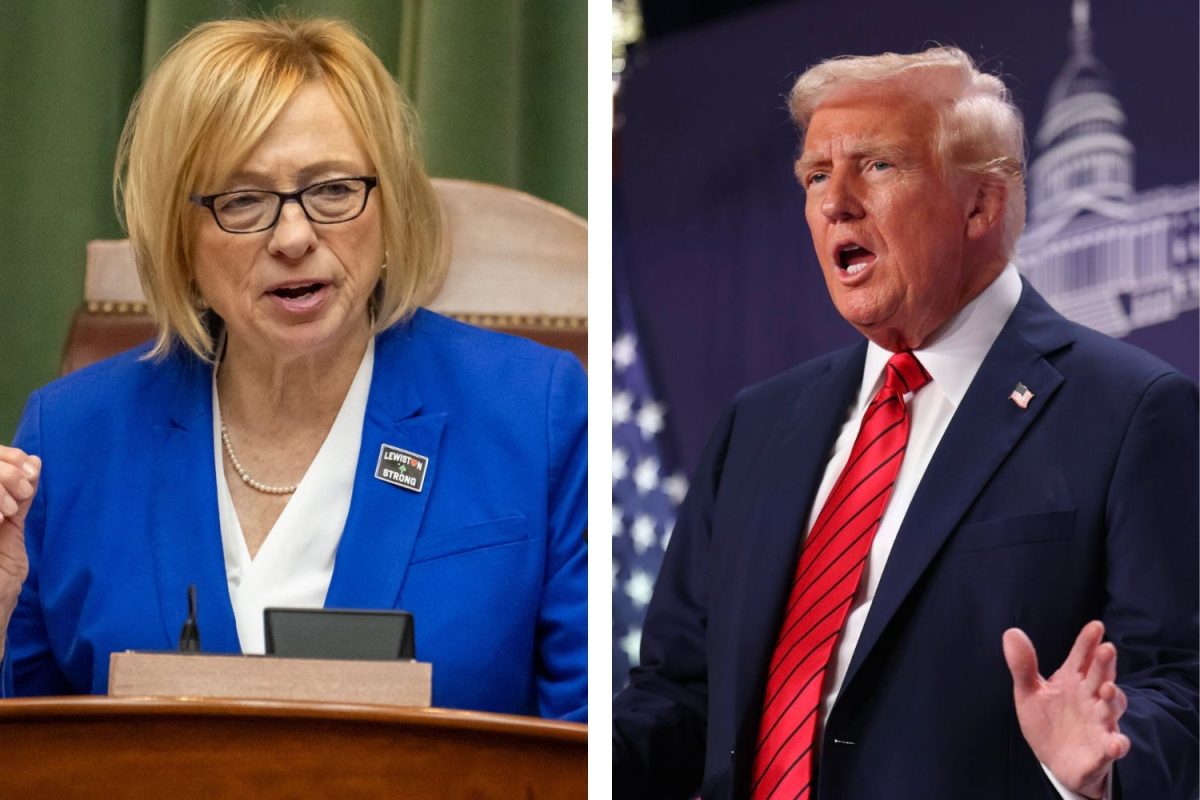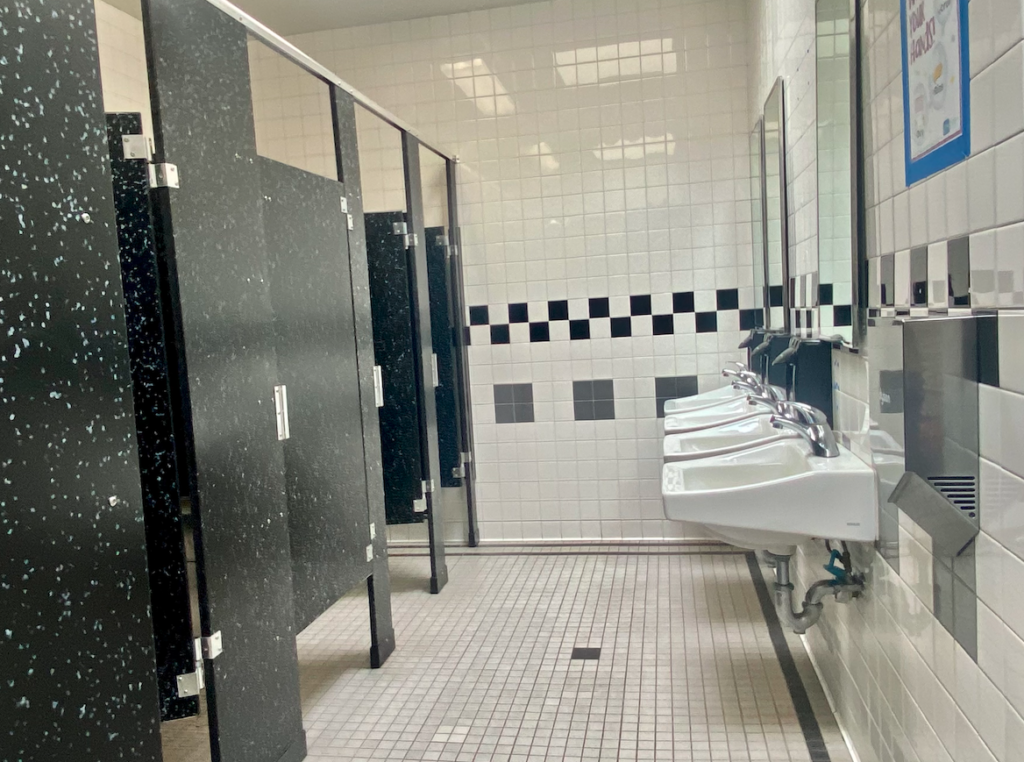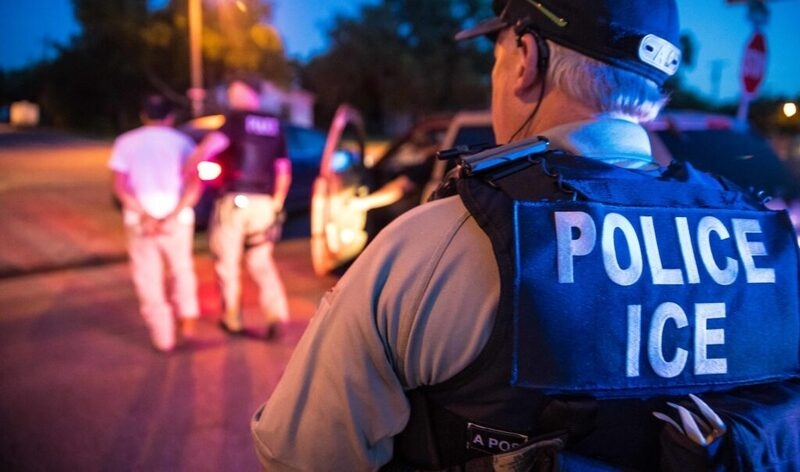Since President Donald Trump’s inauguration on January 20, 2025, a myriad of policy directives have been issued, reflecting his goals for climate change, the U.S. economy, DEI, and “gender radicalism,” their objective being a “complete restoration of America.” Among his topics of interest is immigration, in which Trump is putting forth enormous strides. In fact, by January 26, the branch of the US Department of Homeland Security known as Immigration Customs and Enforcement (ICE) had already detained 2373 individuals put under suspicion by his recent directives. To grasp the scope of his jurisdiction, it is important to understand specifics of his promise to “launch the largest deportation program of criminals in American history” and their implications for the migrant populace.
Most notably, Trump has revoked birthright citizenship for first-generation children born within the United States but without at least one parent who is a legal citizen of or has permanent residence in the nation. The order also forbids federal authorities from validating written proof of citizenship for said individuals. President Trump directly challenges the Citizenship Clause of the 14th Amendment of the U.S. Constitution, granting citizenship to those born on American soil, though he may have to concede to state regulations during enforcement due to the limited nature of an executive order.
Refugees seeking asylum in the United States are also suspended from entry, where each inquiry is to be reviewed on a case-by-case basis. The app that allowed migrants to coordinate appointments with US border patrol officials, known as CBP One, has additionally been deleted, resulting in sweeping cancellations that leave an estimated 30,000 adrift in Mexico. This jeopardizes thousands of displaced individuals across the globe who wish to be resettled amidst poverty, persecution, armed conflicts, and political turmoil.
These orders are issued under Trump’s proclamation of a “national emergency” with respect to the southern border and attributed to the notion that the majority of illegal immigrants have been previously incarcerated or medically institutionalized. He aims to combat this by initiating a “process of returning millions and millions of criminal aliens back to the places in which they came.” By extension, the authority for ICE to conduct expedited deportations now encompasses the entirety of the US, where they were previously restricted to areas within 100 miles of international borders.
Importantly, many communities are now vulnerable as Trump has nullified the regulation that forbade immigration operations in “sensitive locations” such as schools, hospitals, and churches. This is of great consequence to Maine in particular, in which sightings of ICE officials have evoked fear among local residents. The Migration Policy Institute estimates that among the 1.39 million Maine population, 56,000 are foreign born, and about 19,000 children have at least one migrant parent. Their statuses vary from asylum seeking to family or employment situations, Temporary Protected Status (TPS), Deferred Action for Childhood Arrivals (DACA), Special Immigrant Juvenile Status, and other designations for survivors of trafficking, domestic violence, or other offenses. Administrative agents have directed that arrests occur at 1,200 to 1,500 per day, and to this effect, the Maine School Management Association is counseling districts to establish immigration-related safeguards.
The Superintendent of Lewiston Public Schools, K. Jake Langlais, issued a cautionary message on January 23 advising immigrant families to remain vigilant of ICE arrests as well as informing them of their constitutional and legal rights. His statement accurately encapsulates the newfound anxiety that foreign born communities now face: “There is a real fear among many due to a sense of the unknown.” However, suspects “are not obligated to provide personal information like your immigration status, place of birth, or criminal history if asked. Anything you say or do can be used against you. You should not lie.” Langlais reassured them that Lewiston schools operate under strict nondisclosure policies for students’ information, despite it being potentially incriminating under the new law. In addition, he cites the 5th Amendment, or the right to remain silent, and asserts that an individual must consent to allow ICE to enter their home. Finally, if detainment occurs, Langlais reminds vulnerable immigrants to consult an attorney.
The policies described are merely a few that Trump has undertaken within less than two weeks of his presidency. Future executive orders will continue to alter society, though whether they are implemented for better or for worse remains to be seen.
Works cited
https://www.theguardian.com/us-news/2025/jan/29/donald-trump-executive-orders-signed-list
https://hopkinshumanitarianhealth.org/news-events/chh-in-the-news/trumps-agenda-deportation/
https://www.bbc.com/news/articles/cd6434dq7p1o
https://www.theguardian.com/us-news/2025/jan/22/trump-executive-order-refugee-travel
https://www.theguardian.com/us-news/2025/jan/20/trump-immigration-emergency-executive-order

















